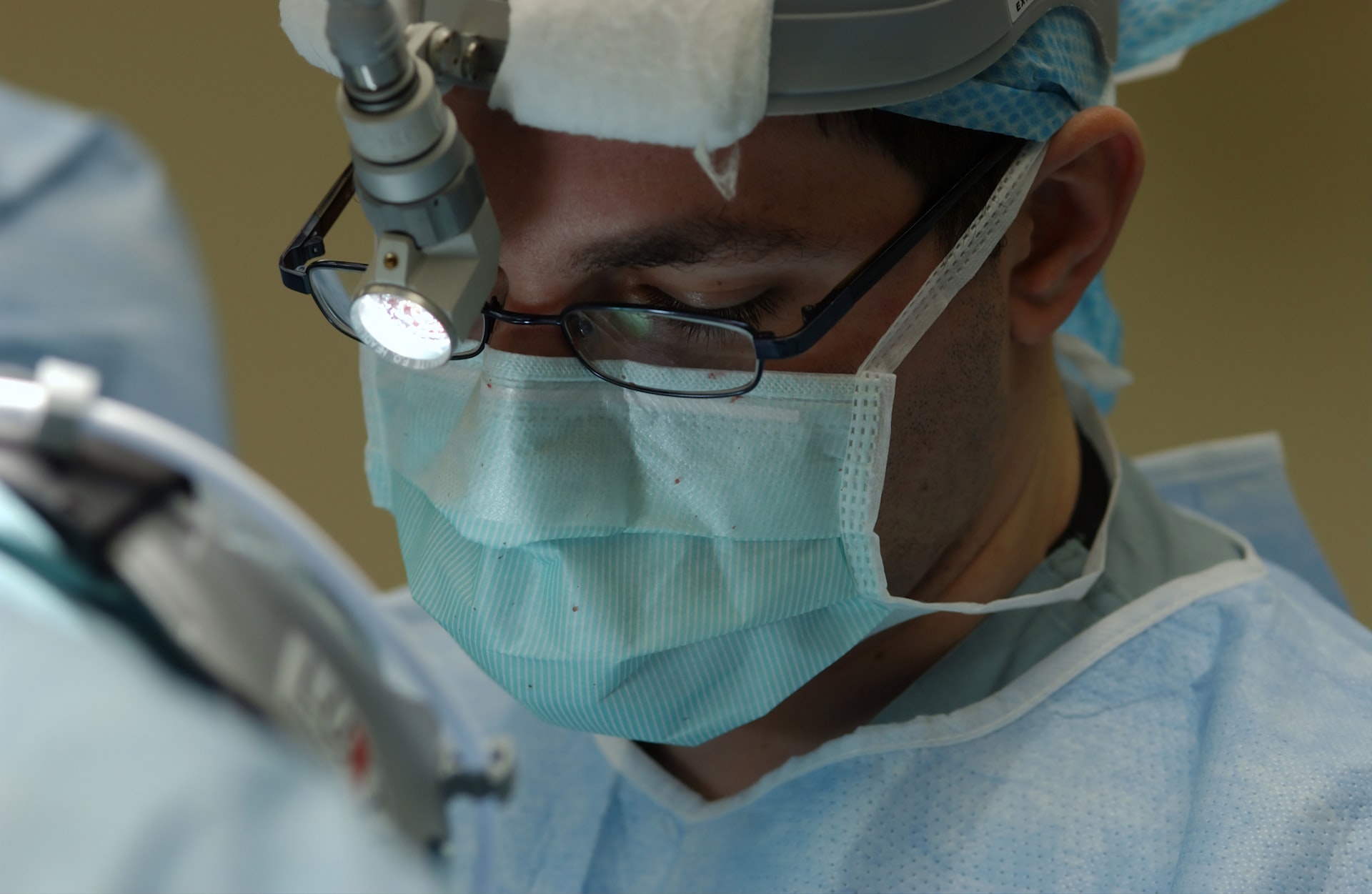Apr
19

Dental emergencies can be both painful and distressing, especially when they involve a knocked-out tooth. Understanding how to handle such a situation can increase the chances of saving the tooth and maintaining your oral health. In this article, we will explore the steps to take when faced with a dental avulsion and discuss how timely intervention can save your tooth in a dental emergency.
Understanding dental avulsions
A dental avulsion occurs when a tooth is forcibly removed from its socket due to an injury or accident. Common causes include sports injuries, falls, and car accidents. Dental avulsions are a prevalent dental emergency, and knowing how to react promptly can significantly affect the success of tooth reimplantation.
What to do if a tooth is knocked out
If a tooth is knocked out, it’s crucial to act quickly and seek professional help. Start by picking up the tooth carefully, holding it by the crown (the visible part of the tooth), and avoid touching the root. Gently rinse the tooth with water or saline solution to remove any debris, but do not scrub or use any chemicals. If possible, try to reinsert the tooth back into its socket, ensuring that it’s correctly aligned. Once in place, bite down on a clean cloth or gauze to keep the tooth stable. If you cannot reimplant the tooth, you’ll need to store it safely – we’re going to explain how to do this further on in the article.
Once you’ve either reinserted the tooth or stored it safely, you’ll either need to head to your local A&E or book an appointment with an emergency dentist. Remember that a knocked-out tooth is time-sensitive; you’ll need to get seen to within 30-60 minutes if you want to maximise your chances of saving the tooth and ensuring a successful reimplantation.
Saving a knocked-out tooth for professional reimplantation
Proper storage and transportation of the knocked-out tooth are crucial for its survival. Keep the tooth moist by placing it in a container with milk, saline solution, or a tooth preservation product available at pharmacies. Avoid using water, as it can damage the root’s delicate cells. Maintain the tooth in the chosen medium while seeking emergency dental care. Ideally, you should see a dentist within 30 minutes to an hour of the incident, as the chances of successful reimplantation decrease with time.
How can a knocked out tooth be saved?
Your dentist will assess the tooth and determine if reimplantation is possible. If so, they will clean the tooth and socket before placing the tooth back in its original position. The dentist may use a splint to hold the tooth in place while the surrounding tissues heal. Follow your dentist’s instructions for aftercare, which may include taking prescribed medications, maintaining oral hygiene, and avoiding hard foods. Attend follow-up appointments to ensure proper healing and monitor the tooth’s long-term prognosis.
Read more about what to do in case of a dental injury.
When can a tooth not be saved?
There are several situations in which a knocked-out tooth may not be saved, although please do note that every case is different, and your dentist will evaluate your tooth loss based on your own specific circumstances. That being said, here are some instances in which a tooth may not be able to be saved:
Excessive damage
If the tooth or its root is severely fractured, broken, or damaged, it may be impossible for the dentist to reimplant it successfully.
Prolonged dry time
When a tooth is knocked out and not kept moist, the delicate cells on the root can become damaged. If the tooth has been dry for an extended period (typically longer than 60 minutes), the chances of successful reimplantation significantly decrease.
Contaminated tooth
If the tooth is contaminated with dirt or bacteria and cannot be adequately cleaned, it may not be suitable for reimplantation, as it can increase the risk of infection.
Damaged socket
If the tooth socket is severely damaged or compromised, it may not be able to support the reimplanted tooth.
Poor overall oral health
In some cases, a patient’s overall oral health may not be conducive to successful reimplantation. For example, if the patient has advanced gum disease or other dental issues, the dentist may decide against reimplantation.
Inadequate follow-up care
If the patient does not adhere to the recommended aftercare instructions or fails to attend follow-up appointments, the reimplanted tooth may not heal properly, leading to failure.
Again, it’s essential to remember that each case is unique, and the course of treatment will be determined by your dentist.
So, can a knocked-out tooth be saved?
Yes, it is possible to save a knocked-out tooth in many cases, especially if immediate action is taken and proper steps are followed. To maximise your chances of successful tooth reimplantation, try to get an appointment with an emergency dentist within 30 minutes, and make sure to store the tooth according to our instructions above.
Read Next: How is an emergency dentist different from a regular dentist?










